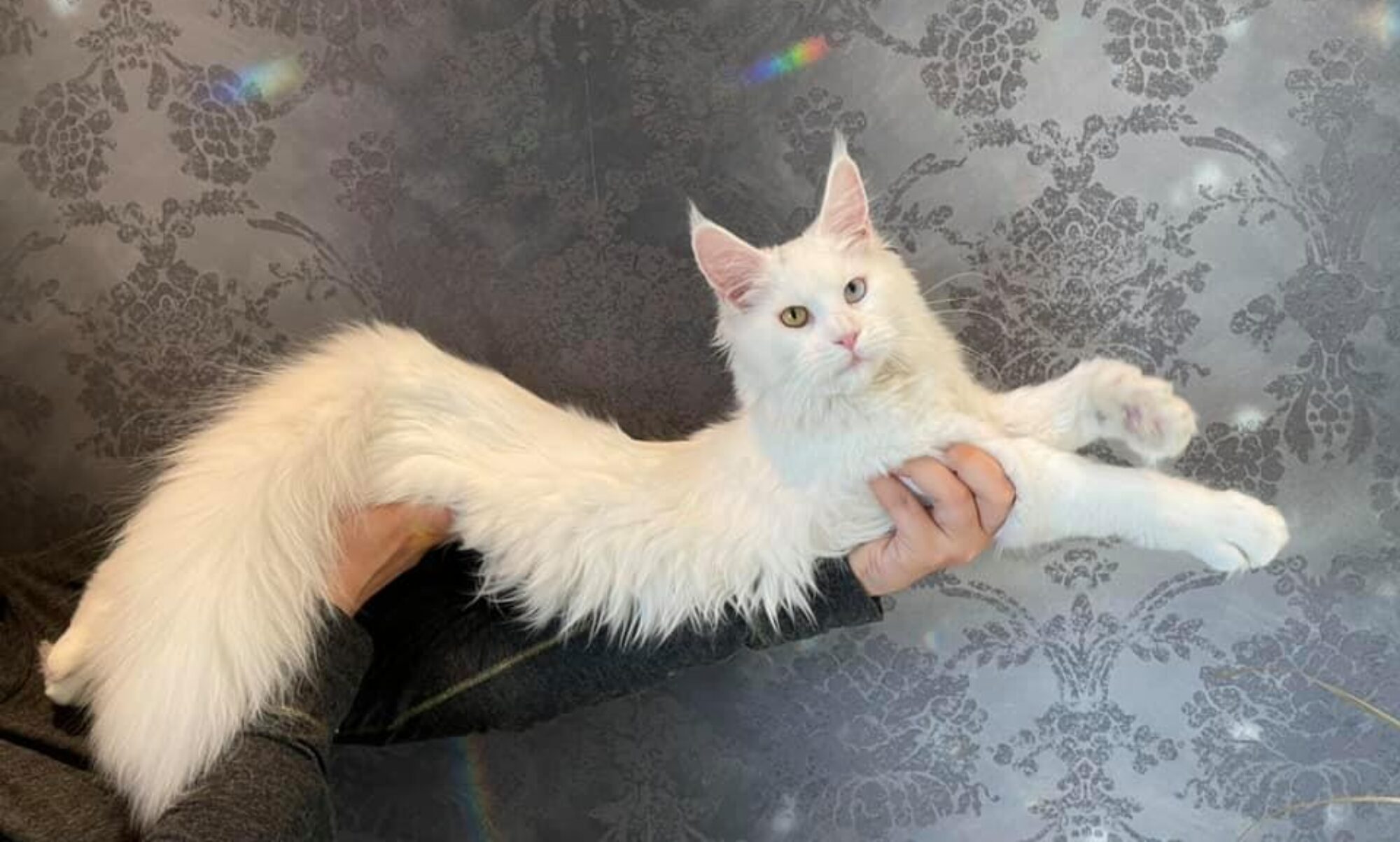- Spaying helps prevent uterine infections and breast tumors, which are malignant or cancerous in about 90 percent of cats. Spaying your pet before her first heat offers the best protection from these diseases.
- Your spayed female pet won’t go into heat. While cycles can vary, female felines usually go into heat four to five days every three weeks during the breeding season. In an effort to advertise for mates, they’ll yowl and urinate more frequently—sometimes all over the house!
- Your neutered male may be better behaved. Unneutered cats are more likely to mark their territory by spraying strong-smelling urine all over the house.
- Your male pet will be less likely to roam away from home. An intact male will do just about anything to find a mate, including finding creative ways to escape from the house. Once he’s free to roam, he risks injury in traffic and fights with other male animals.
- Your neutered male may be better behaved. Unneutered cats are more likely to mark their territory by spraying strong-smelling urine all over the house. Some aggression problems towards other males may be avoided by neutering.
If the cat doesn’t eat or drink as much as it usually does, it starts sneezing, gets running eyes or nose or its general condition seems off the cat might be ill. Just like small children, cats can’t communicate to you what’s wrong with them, but you can often observe or sense that something is off.
The internet has lots of information and advice, some of it is good…and some of it is dangerously wrong. Don’t trust Facebook or forums blindly. It’s better to call a veterinarian one time too many than it is to skip it when you shouldn’t have.
The first thing you should do when a new cat arrives in your home is to make sure that the litter box is in place and cleaned/filled. Take the cat out of the transportation cage and place it in the litter box. This ensures that the cat navigates from the litter box as its point of origin, and always knows where the litter box is and where to do its business.
A close second is to ensure the cat has access to clean water and food.
Let the cat explore its new home in its own pace.
Before a cat arrives to your home you should procure a few essentials:
- A cat scratching post – If the cat tries to scratch on furniture or anything else you don’t want it to scratch on, pick it up and put it on the scratching post. Give the cat positive feedback when it uses the scratching post. Eventually, it will prefer the scratching post to everything else.
- A good size litter box – Clean the litter box every day. Cats like clean litterboxes, you would too.
- Cat litter for the litter box – We use clumping sand. It’s easy to clean and hides the smell very well.
- Metal or porcelain food and water bowls – Plastic is not recommended due to a faster buildup of bacteria
- A few cat toys – Kittens love to play, and you will probably love to play with them as well!
- A steel cat grooming comb – The cat should be brushed/combed a couple of times a week. You’ll keep the fur shedding around the house to a minimum, and minimize the chances of the cat getting tangles in its fur.
When you contact us about buying a kitten, we like to get to know the buyer and what kind of home they can and will provide for a potential kitten. It is important to us that the cats’ new home is safe, loving and capable of giving the cat the proper care it deserves as a living being and member of the family.
Our kittens are socialized from an early age and are used to both be around kids and being handled by kids. They tend to be very confident and self reliant and take to their new homes and families within a few days. Several kittens from us has entered homes with other animals like cats, dogs and birds without any issues…although we don’t recommend the cat be left unattended with a bird without them being separated..!
If the situation permits it we prefer to have potential new owners come visit us in our home to meet the kittens and let us get a better feel of you as person and/or family.
If both parties find this to be a good match and you decide to get a kitten from us, you will get to sign a reservation contract with conditions of purchase and pay a reservation fee for the specific kitten you’re buying. Once the reservation fee is received and the documents signed no one else will be able to reserve the kitten.
When the day comes for you to pick up the kitten, you will get to sign a standard sales contract from NRR. We will provide a recent clean bill of health from a veterinarian, the kittens pedigree, and transfer the kittens’ insurance to their new owner.
The kitten will have been insured from its birth, and we require the new owners to keep the kitten insured at least until it’s 1 year old. This ensures the best possible insurance coverage for the animal.
No matter if you are an experienced cat owner or completely new to having a cat, we will always be available to answer any and all questions and concerns you might have to the best of our abilities. All formal agreements will be done in writing with as little room for interpretation as possible. We pride ourselves in being open, transparent, and professional with our buyers so that the experience with getting a new family member is as smooth and positive as possible..!
Maine Coon is a large cat breed and can be prone to dental issues if not fed and cared for properly. Since they are a larger breed, they also need food that has larger pieces to make sure they actually get to use their teeth properly.
If you only feed them normal-sized cat food bits, they tend to swallow the pieces whole instead of chewing. If they seldom chew their food, plaque can start to build around the base of their teeth witch, in turn, can irritate the gums and become more serious dental issues.
We recommend kitten dry food made for larger breeds with a high protein content the first year, and either give them Maine Coon specific food and mix in dental food for cats once in a while or more regularly if they eat smaller pieces of dry food normally.
Our kittens are used to dry food as their primary food source, and are given wet food as an evening snack once a day.

